-
Drones for Frontex: Unmanned migration control at Europe’s borders
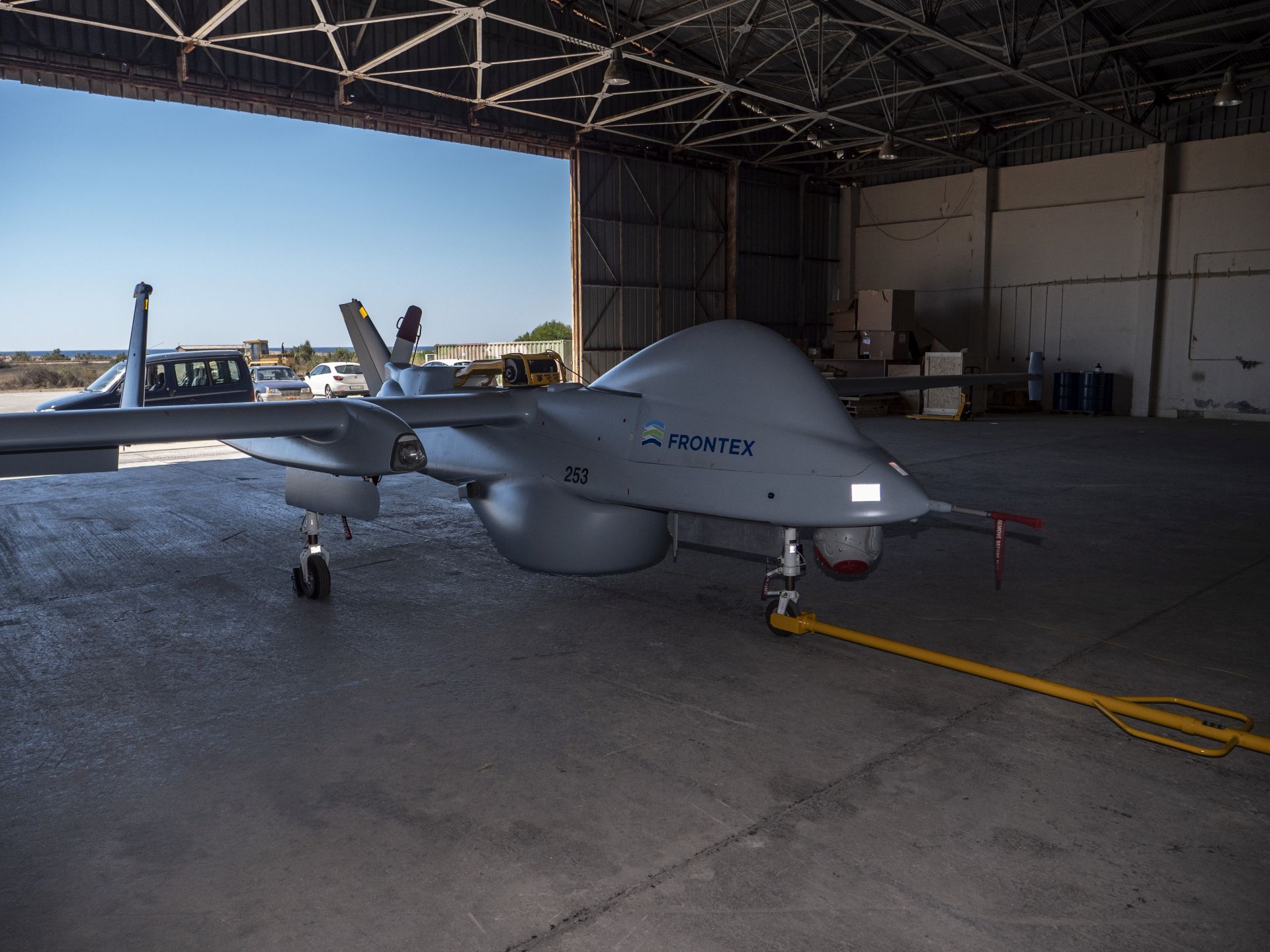
Instead of providing sea rescue capabilities in the Mediterranean, the EU is expanding air surveillance. Refugees are observed with drones developed for the military. In addition to numerous EU states,…
-
Europol steers arms companies for security research
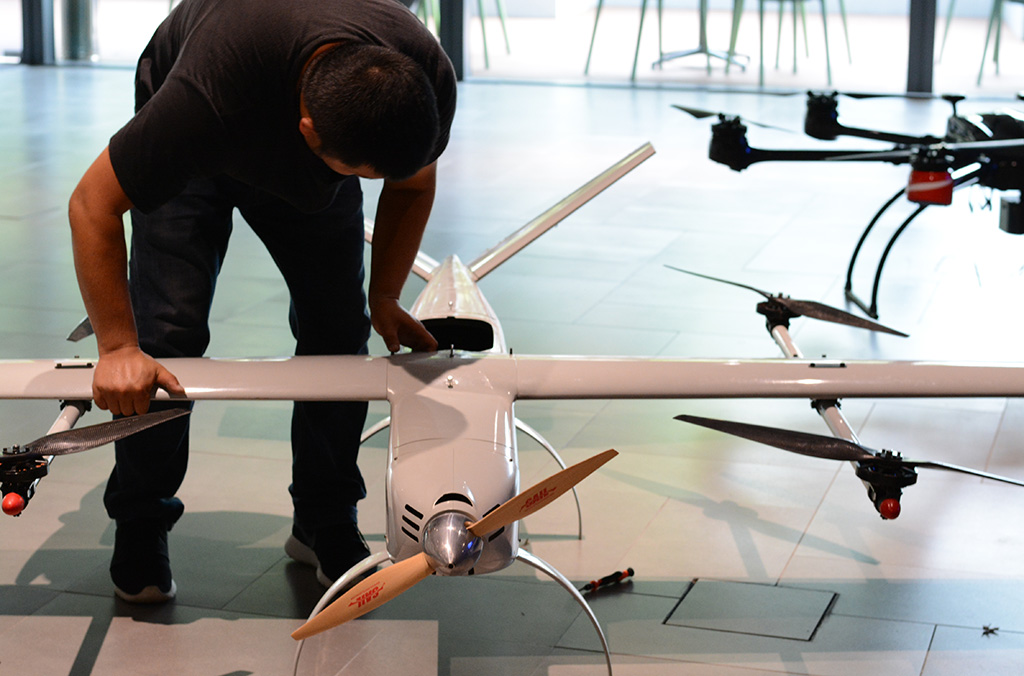
Following the example of the US Department of Defense, Europol should coordinate European security research. In October, the EU interior ministers had decided on an “Innovation Laboratory” at the Police…
-
Customs Union: 27 countries “work together as if they were one”
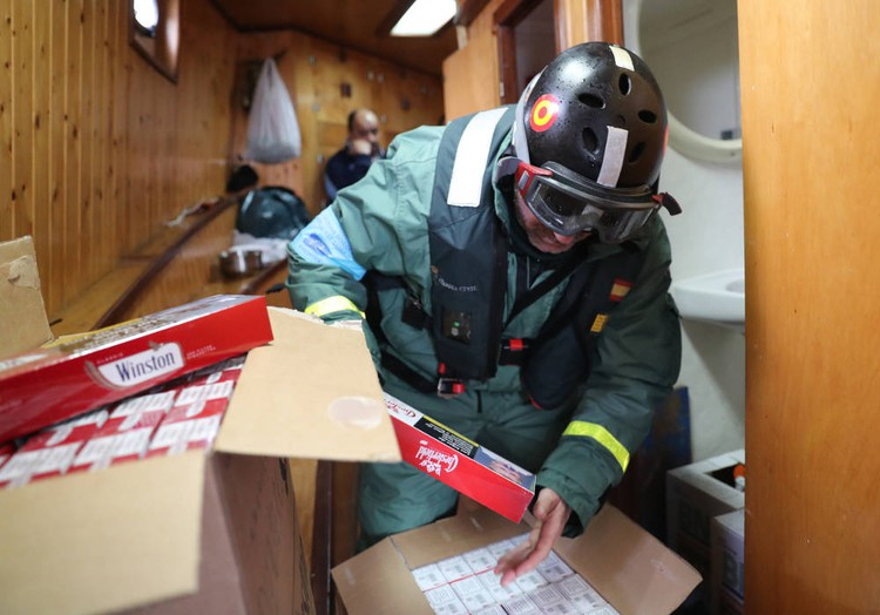
Customs authorities are seen as „gatekeepers of EU borders for the flow of goods“. They increasingly rely on „risk analysis“ and new information systems. Now the EU customs cooperation with police…
-
Backdoors vs. Trojans: Europol is examining “solutions” against end-to-end encryption

The German police also uses a “decryption platform” at Europol. The system belongs to an “innovation laboratory” and is currently being equipped with new technology. The EU Commission will soon…
-
France and Germany launch new joint police force
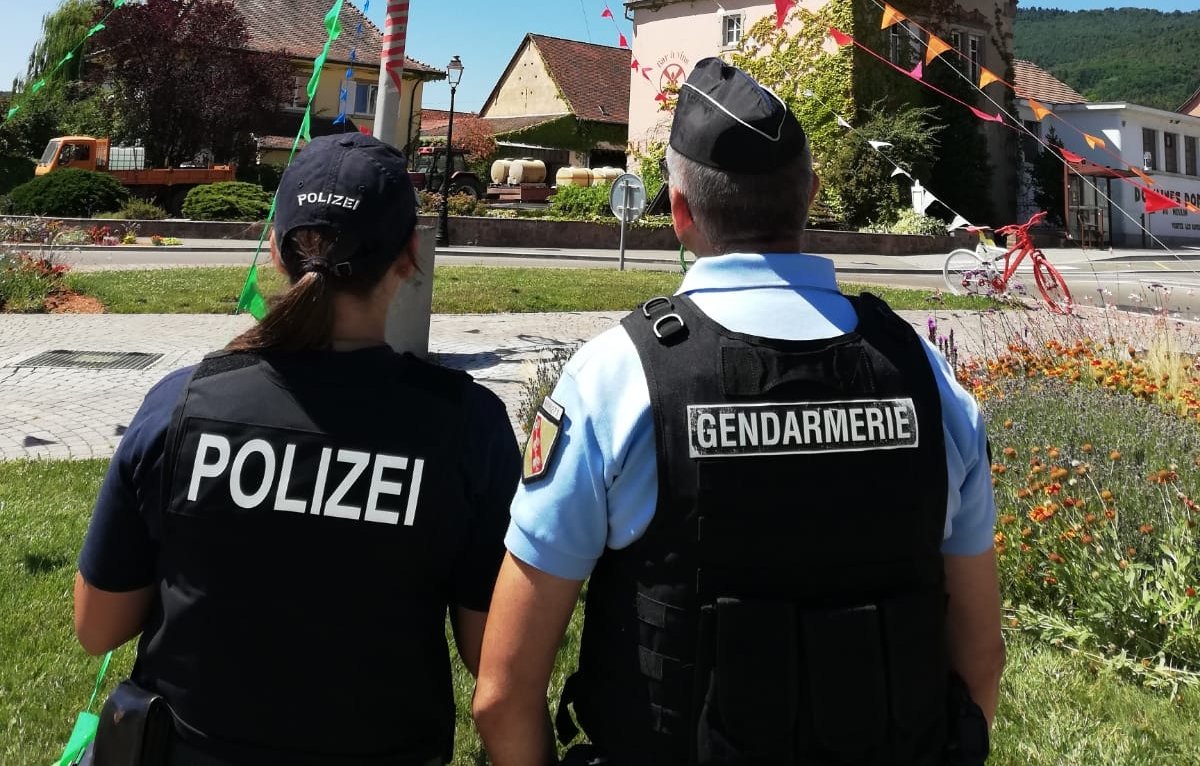
Together with the Gendarmerie Nationale, the German Federal Police will be sent to former French colonies. The joint unit is already deployed during summit protest, football matches and in “border…
-
Germany: Many “silent SMS” at federal and state level
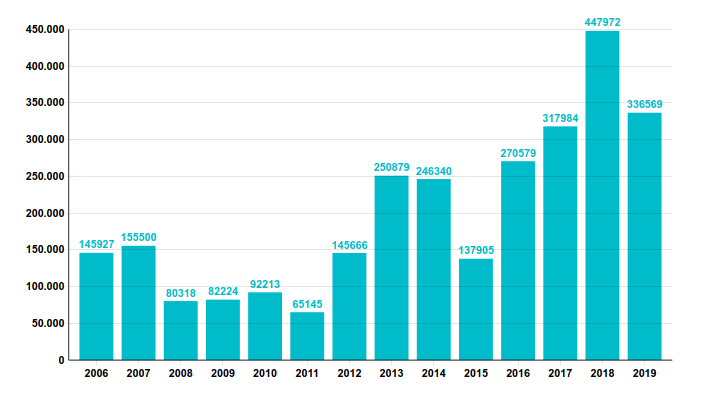
Inquiries in parliaments and under the Freedom of Information Act show the amount of secret text messages to find out the whereabouts of telephones and their owners. Police use the…